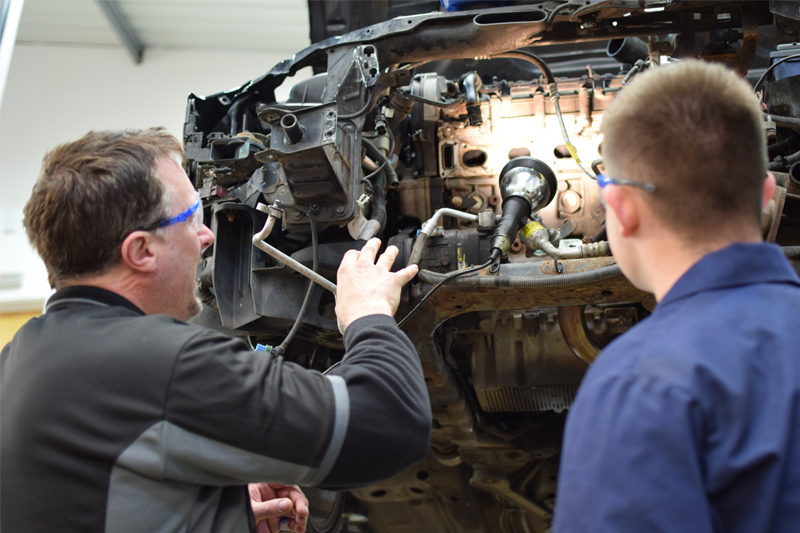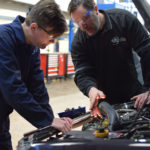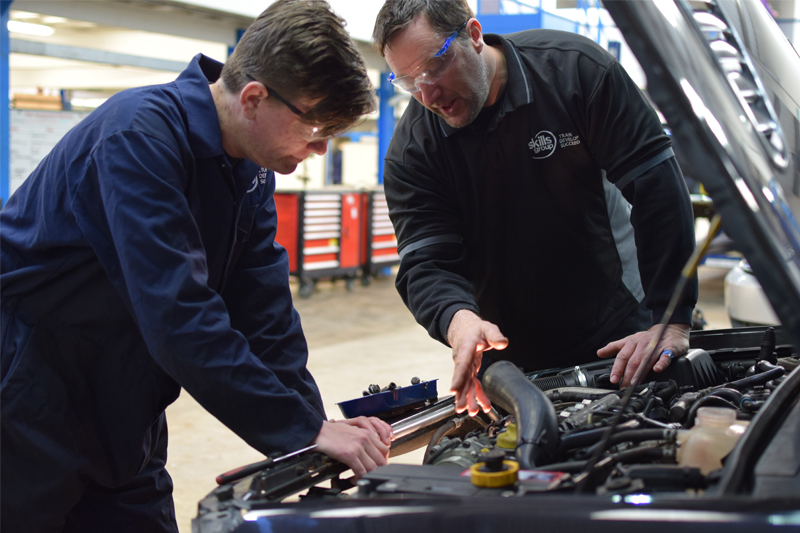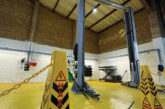Skills Group, an apprenticeship provider, discusses how accommodating apprentices can help garages to build a strong team of technicians and overcome the worrying skills shortage that the industry currently faces.
There is a well-publicised skills shortage in the automotive industry. Historically, it has been amongst the poorer paying sectors, and over time this has affected recruitment, leading to an over-reliance on workers from abroad. Although this is no longer the case, and perceptions of the automotive industry are slowly changing, garages are still struggling to find workers with the necessary skills and qualifications. Therefore, in the current climate, there is a real need to attract the right people, with incentivised, attractive training programmes that benefit both garage owners and those entering the sector.
One of the most constructive routes into the industry is an apprenticeship, which provides on-the-job training with an employer, with approximately one day a week spent in college or with a training provider. However, when a learner is not quite ready to enter the workplace straight away, some providers offer them an initial study programme. By completing a course with the provider before employment, the learner will arrive at the garage already equipped with the basic training in the sector and will be confident that they want to pursue the career path. Throughout a study programme or apprenticeship, learners develop hand, tool and equipment skills, helping to narrow the gap between school and work, which often makes the difference between success and failure.

Over the next 12 months, there will be a change to training with the introduction of the Apprenticeship Standard, which is being rolled out nationally across all industries. The new Standard is designed by employers for employers and so focuses on equipping learners with the essential skills, knowledge and behaviours needed to flourish in the industry. The new assessment process is rigorous, but ensures that apprentices have a wealth of experience before the end of the programme. This is important as the automotive industry is rapidly developing and, as a result, training in the sector is now more complex. Learners have to get to grips with technological advances that are often built in as standard to new cars. There is also the problem of time constraints, with an increased number of jobs due to more cars on the roads. Apprenticeships counter these issues, providing the opportunity for learners to work alongside experienced professionals, encountering a variety of problems and having to solve them. They also offer the employer the chance to shape the apprentice to fit in with their garage and working practices. This means that by the end of the apprenticeship, the learner is not only qualified, but has an abundance of practical experience and is a confident professional.
Apprenticeships provide a credible route into the sector, offering the apprentice the chance to learn and earn on the job, while providing manpower for the garage to address the skills shortage. Changes to apprenticeship funding have also just been implemented to benefit small and medium-sized businesses. In early April, employer contribution towards apprenticeships dropped from 10 to 5%, which makes it even more affordable to train apprentices across a wider age range and increase uptake in training going forward.











